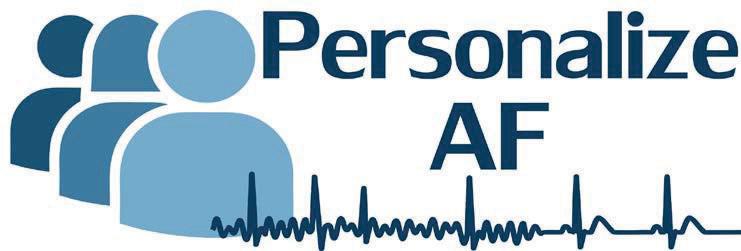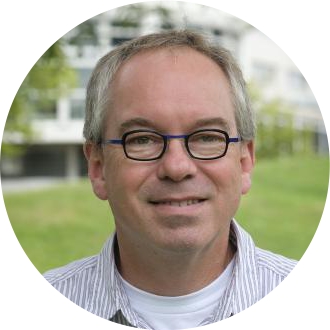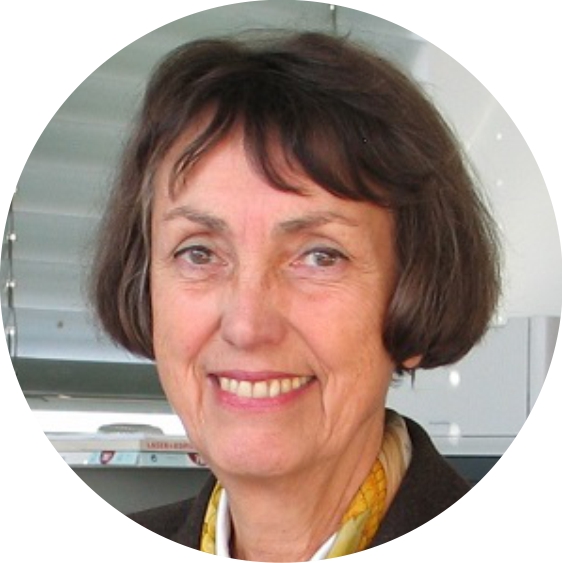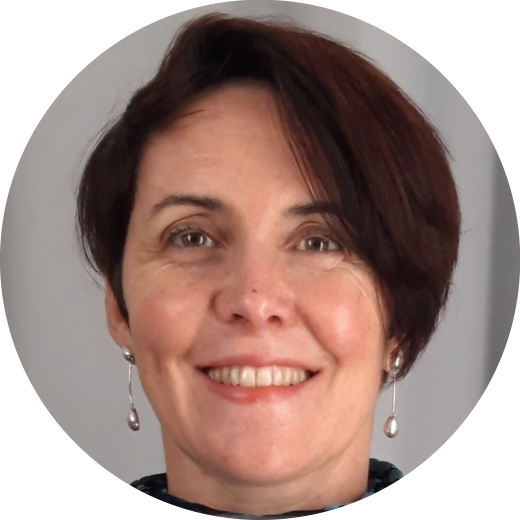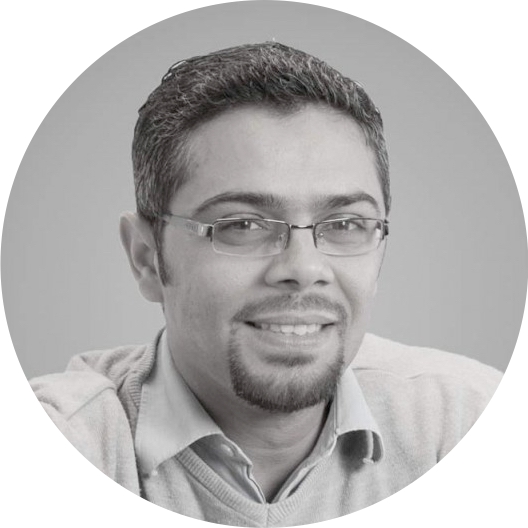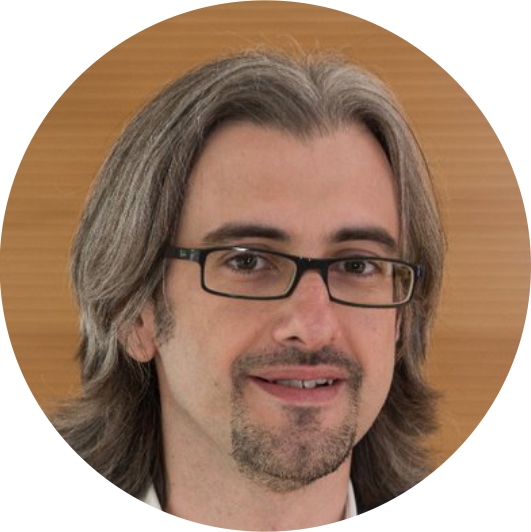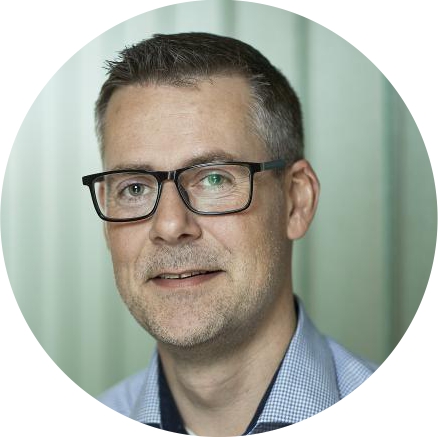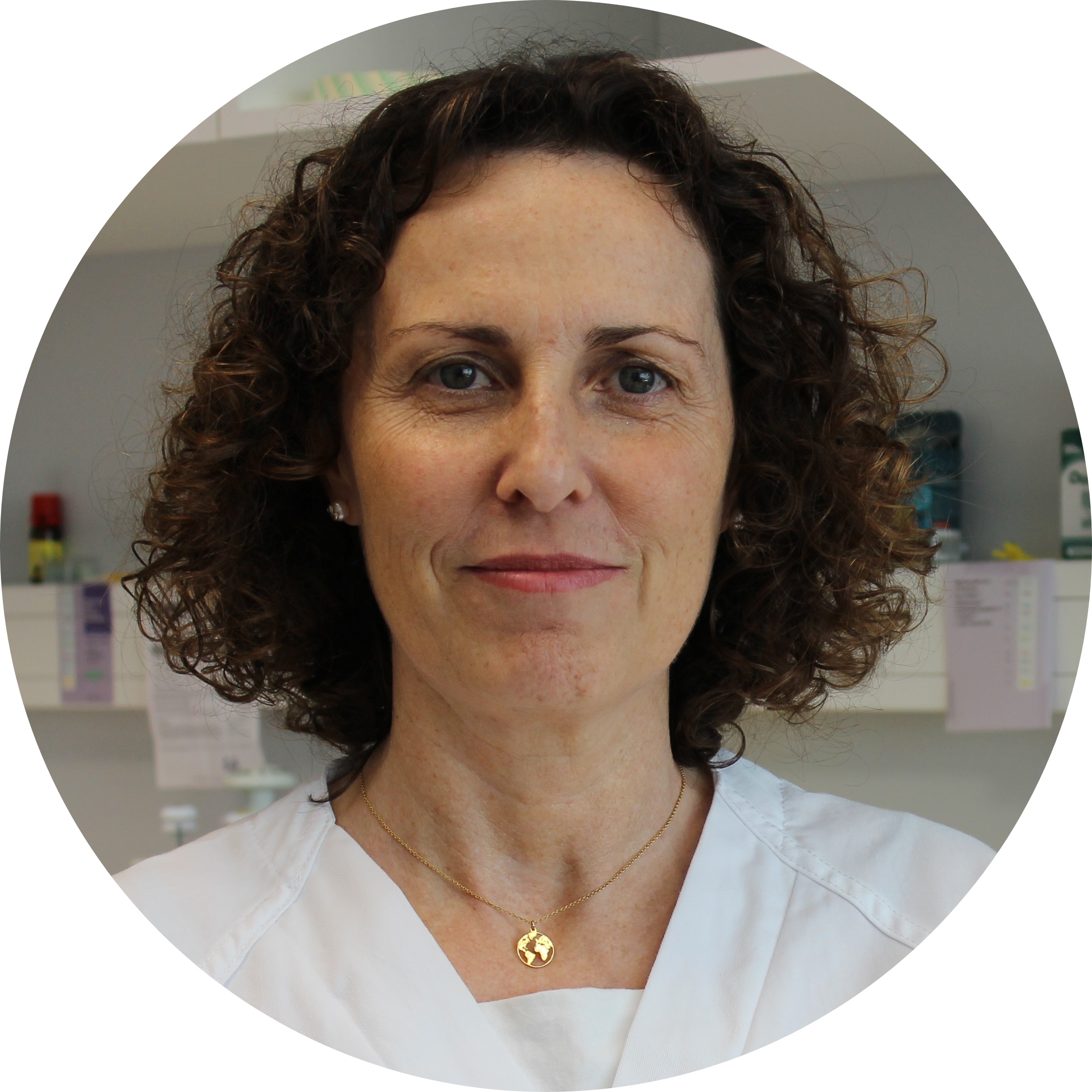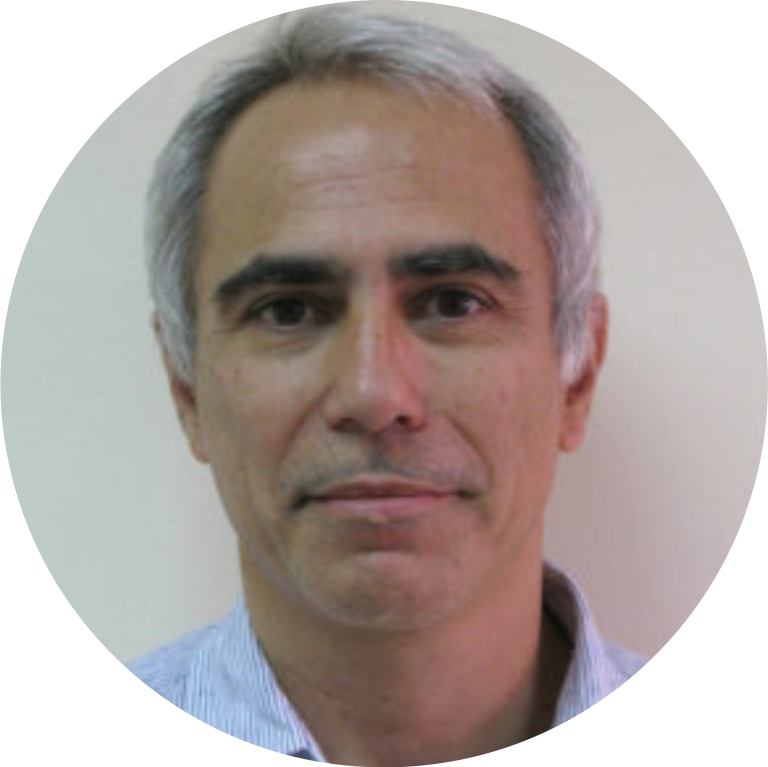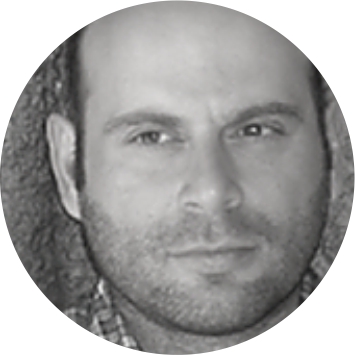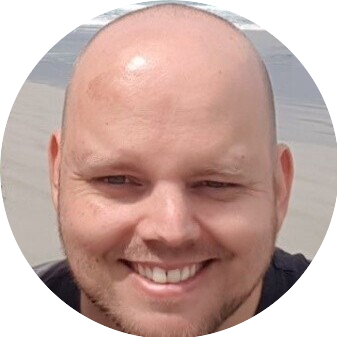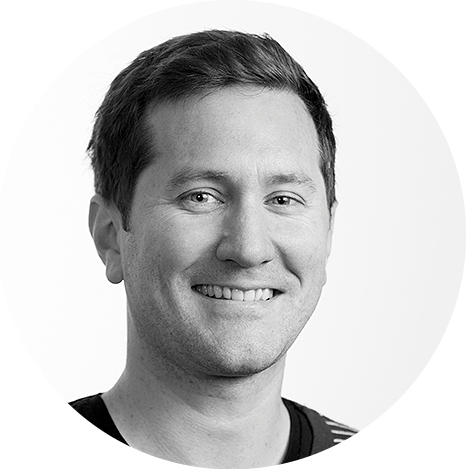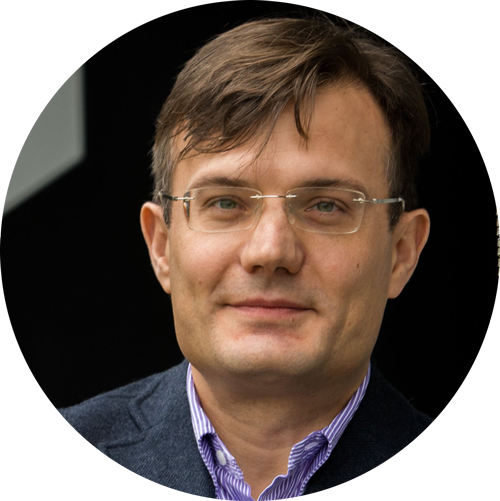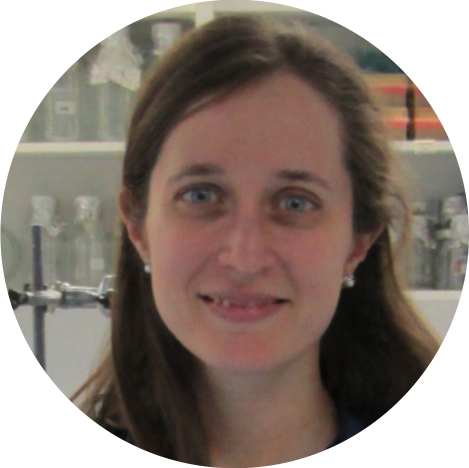
María S Guillem
(Universitat Politècnica de València)
Dr. Maria S. Guillem, Master’s in Biomedical Engineering (Northwestern University, NU, 2006) and PhD in Electronics Engineering (Universitat Politècnica de València, UPV, 2009) is the Deputy Director of ITACA Research Institute at UPV and head of the Cardiac Oriented Research Laboratory.
She was a Fulbright fellow at NU and currently is an Associate Professor at the Electronics Engineering Department at UPV. Dr. Guillem is co-author of 40 international scientific research papers, more than 100 conference papers, 3 patents, and has participated in 40 national/international research projects, 7 of them as PI. Her research interests include the development of medical instrumentation and signal processing for the diagnosis and treatment of cardiac diseases. She participates in the Executive Board of the Consortium for Electrocardiographic imaging and the Board of Directors of Computing in Cardiology.

Olaf Dössel
(Karlsruhe Institute of Technology)
Olaf Dössel is Professor and head of the Institute of Biomedical Engineering at Karlsruhe Institute of Technology (KIT). Before, he was head of a research department at Philips Research Laboratories, Hamburg. He has several honorary posts in international advisory boards. He is member of several academic societies, among them: the BBAW and acatech. He is senior member of the IEEE, Fellow of the IAMBE and Fellow of the EAMBES. His main interests are bioelectric signals and fields in the human body, computer modeling, the inverse problem of electrocardiography, biosignal processing of ECG and electrograms, and new methods of medical imaging.
